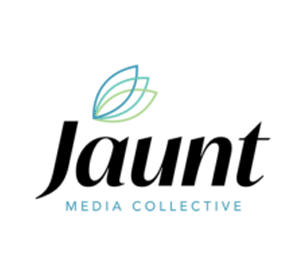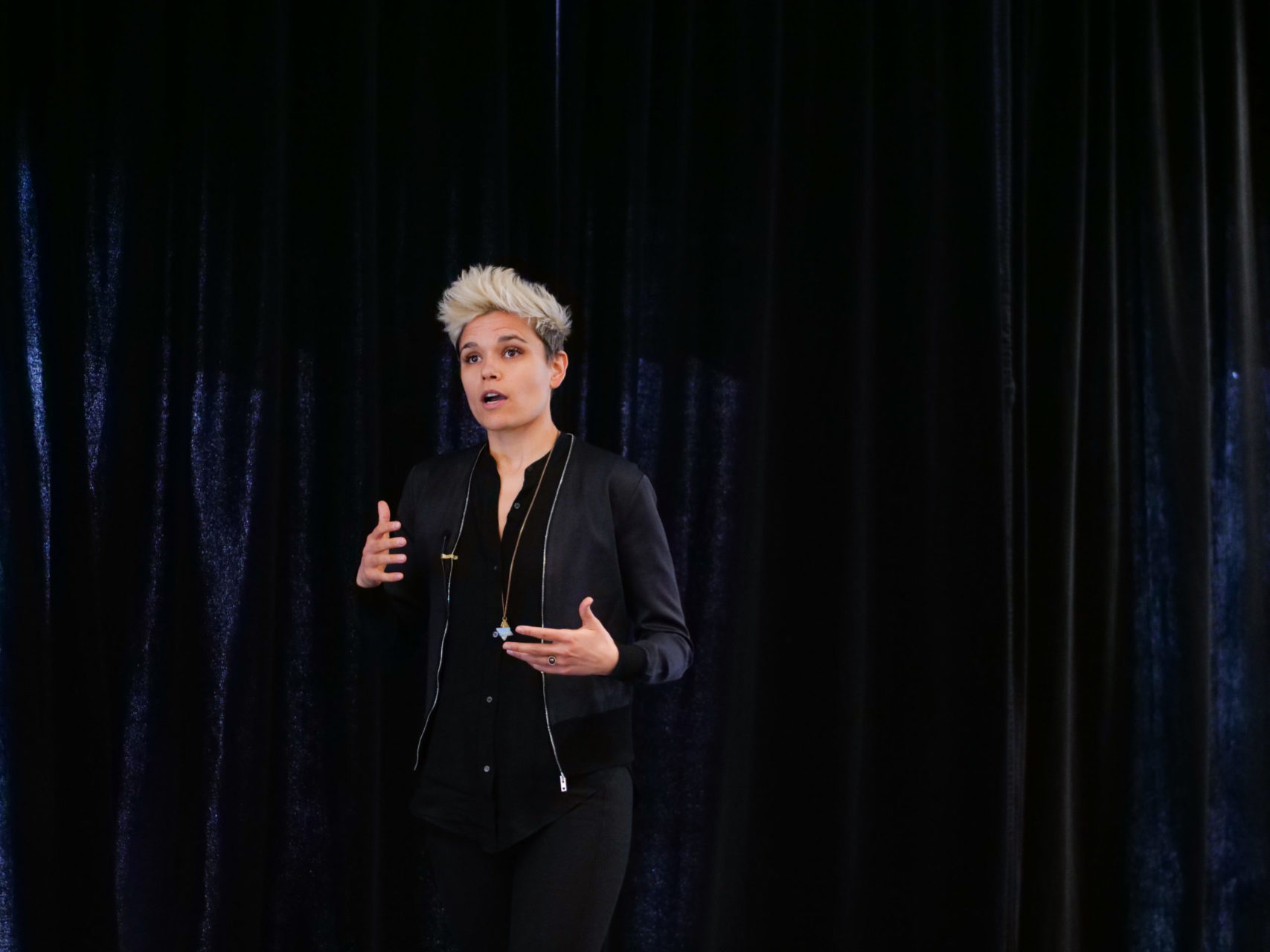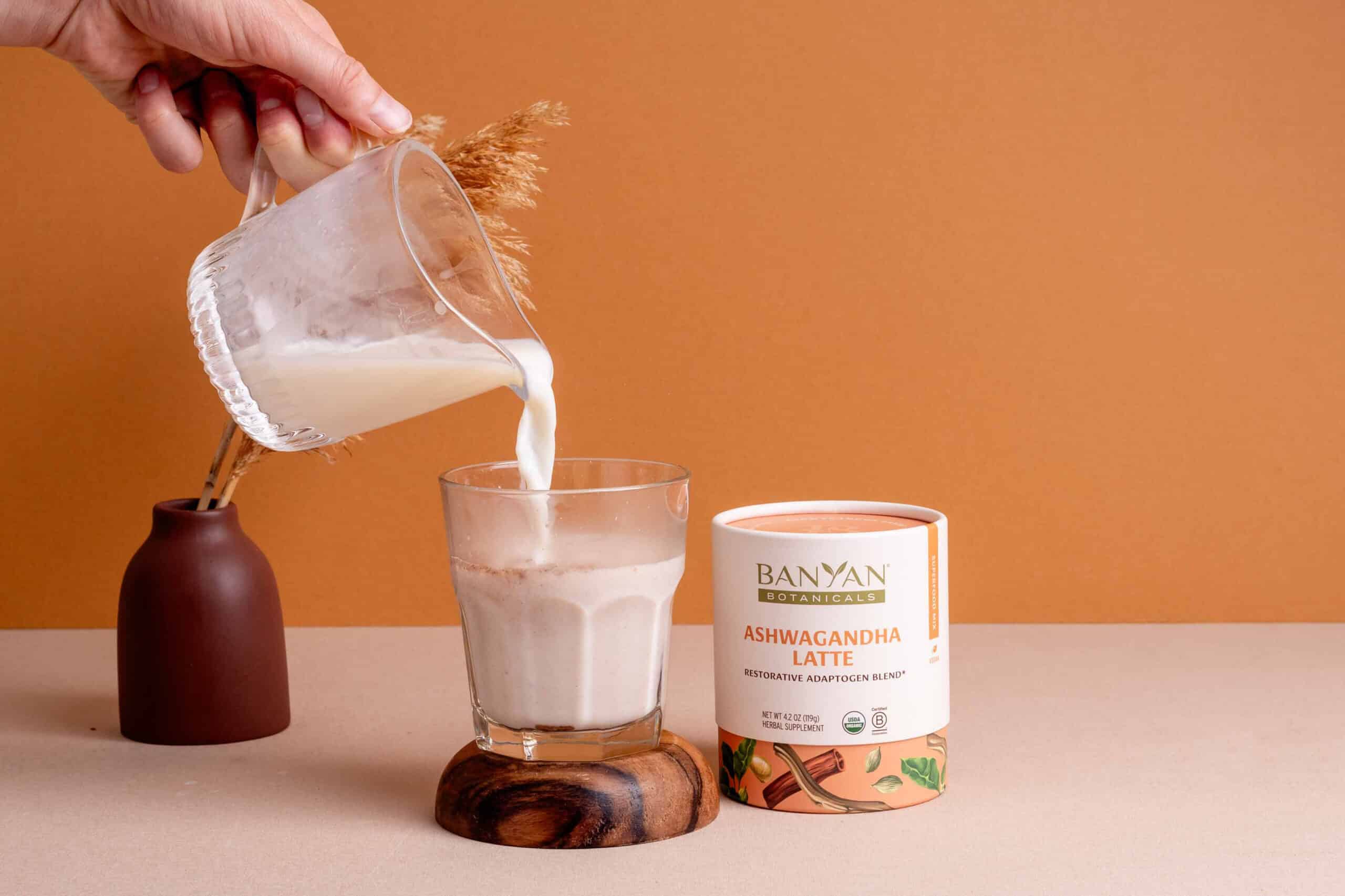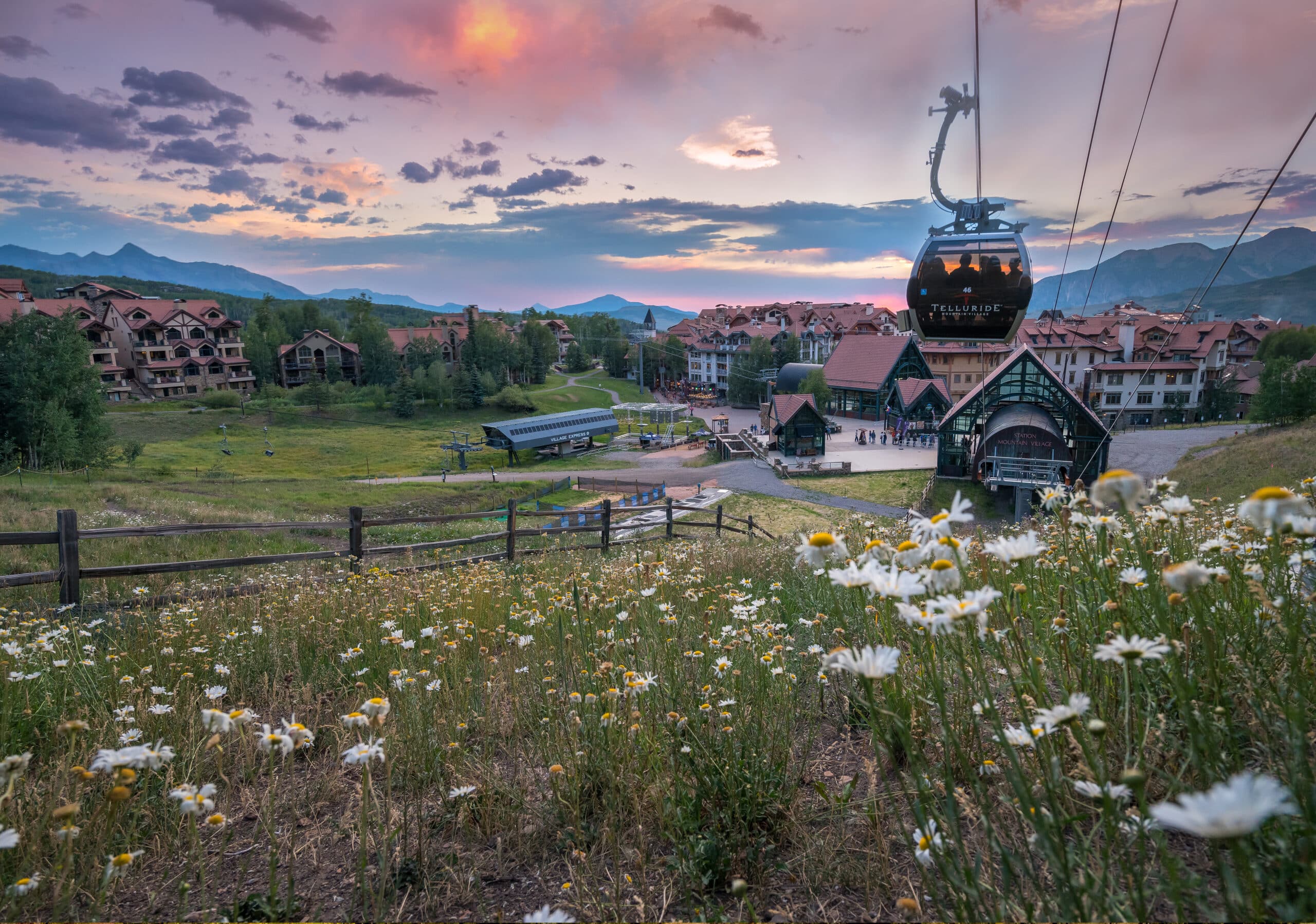Kate Fagan on Inclusivity in College Sports | By Karstee Davis
On February 26, the University of Colorado Boulder held its Third Annual Inclusive Sports Summit. This year alumni Phillip Lindsay of the Denver Broncos and Kate Fagan, formerly of ESPN and now a New York Times bestselling author, were the keynote speakers.
I was able to sit down with Kate the day before the summit and ask her some very amateur questions about inclusivity in sports. I was able to learn a lot, and I hope you will too.
Do you have a specific mission in regards to inclusivity in sports?
No, because I believe it has changed over the last 15 years. In the beginning, through my experience as a student athlete and then coming out, I felt like there was a whole conversation to be had around female athletes, coaches, stigmas, athletic department hiring practices and all these different factors that affect people’s willingness to come out. That was important to me for a number of years and that kind of morphed into my years at ESPN, actually seeing how coverage of female athletes is effective, why it remains low and some of the systemic issues that keep coverage of female athletes low. And then writing this book on Maddy (What Made Maddy Run), I now think of inclusion as also touching on the subjects of mental health around athletes and what they feel comfortable talking about.
It feels like there is no set mission other than letting my life experiences take me to different storylines and ideas, then trying to shake them into some sort of message that I can share.
How can someone who is just a fan of sports demand better or more?
That’s a tricky one because decisions are often made based on crowd-sourced information, whether that be through ratings or attendance. That in turn is influenced by media coverage, what becomes culturally cool, and then people want to go see in person. So it’s hard to extract all that from the ecosystem of sports and to say “here’s how a single person can change how people think of it.” The simplest, base level, most common sense kind of way is to just be aware about why you know so much more about LeBron James then you know about … the fact that I’m not even going to name the best women’s basketball player (Diana Taurasi). Just be aware that it’s not because one is better and people should care more. Yes, you could vote with what you’re watching and where you go and attend … but even in conversation being able to explain some awareness of the ecosystem, a lot of fans don’t understand all of that.
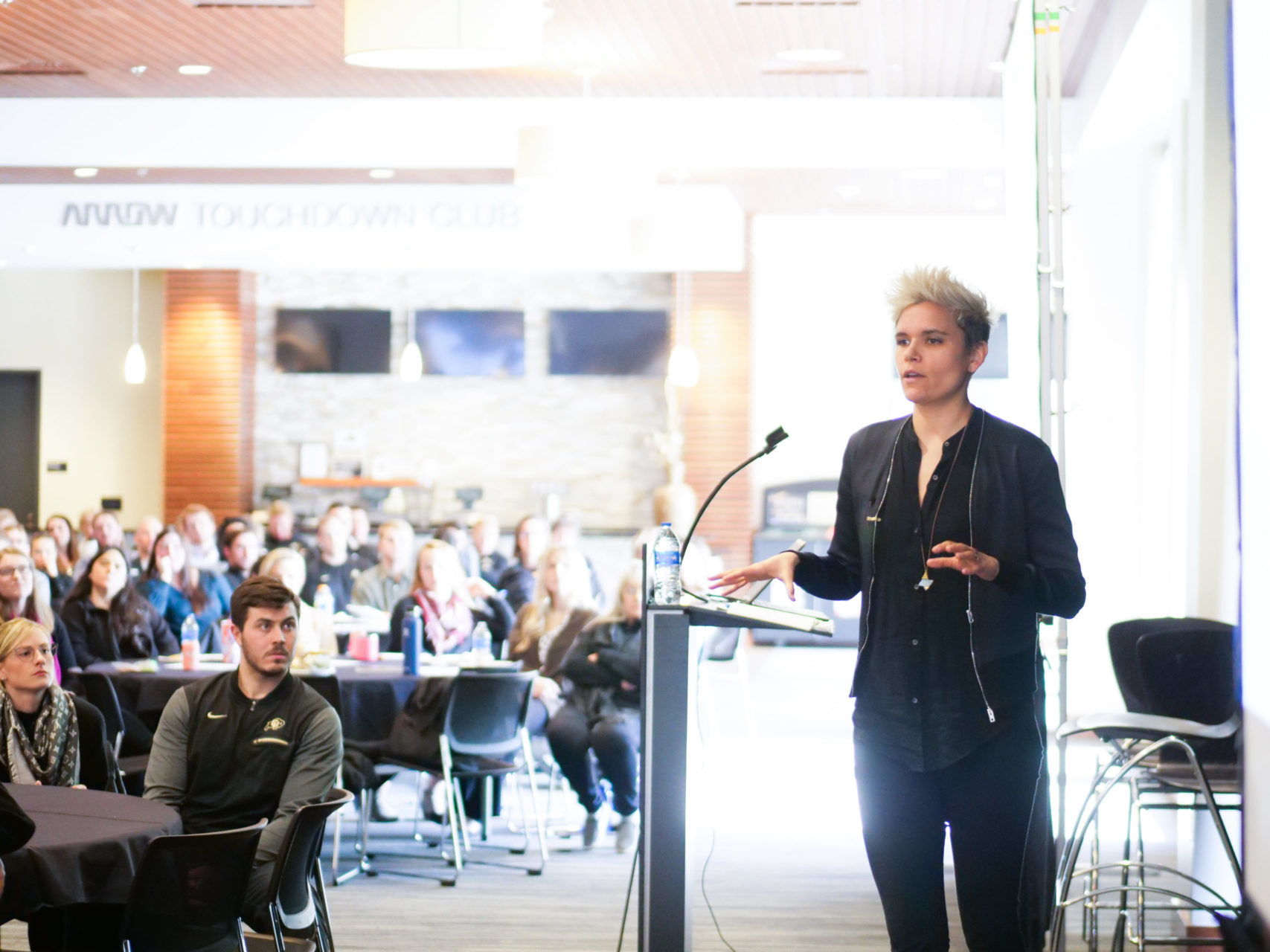
In what ways do you feel that you had to pave a way, if any?
I don’t think that I do feel that. I would be re-writing the script if I didn’t say that at every turn I wrote about the things that were important to me at the time and that were almost therapeutic for me to write about or to share. It would be hard to now reframe it thinking that I was doing some larger purpose for someone else. That’s something that you might assess afterward, but at the time, all I’ve ever done is write the things that are close to my heart or that I’m curious about. I don’t really have some grand plan of helping people — I think that you can shape it that way to try to make people believe that it’s all altruism. I do care about people, and it’s a nice side effect, but most the time I think you do what you’re curious about and what interests you and that’s how I’ve always been led.
How do you think straight, white, cis-gender males who are allies can best show up to help make a more inclusive environment?
Over the last five years having done so many LGBT summits and various other inclusive/diverse summits or panels, I’ve gotten away from asking how they can help. I don’t spend a lot of time thinking about that or caring about it. Not that I don’t care about them. I just don’t think it’s that complicated and I don’t know that I need to give advice.
Yeah, I didn’t even really think about how silly that question is.
No, it’s not a silly question.
It kind of is though, just be a good human, right?
If you look at any one of these topics you are either going to react in a way that you think is cool/that your friends will think is funny or you are going to stop and be like, “what’s true?” I don’t think that’s necessarily an easy place to get to, but I think as you get older you have to really not be paying attention to not try to get to a deeper place of how you think — I mean you have to really be resisting to not want more out of the human experience.
In your time at CU, do you have favorite moments of inclusivity?
The only way I can answer this is kind of granularly, like I met up with my college coach an hour ago and it’s like the things we talk about now versus 20 years ago, and the way we communicate; I think of that as like a microcosm of how CU and a lot of other schools try to tackle how their gay student athletes are communicating and being worked into the athletic department in a natural way. I guess I really feel proud of the people that I know here and the way that we are able to try to make everyone’s lives as included as we can; and the ways that we did wrong or made mistakes and our beliefs never being afraid to change and learn.
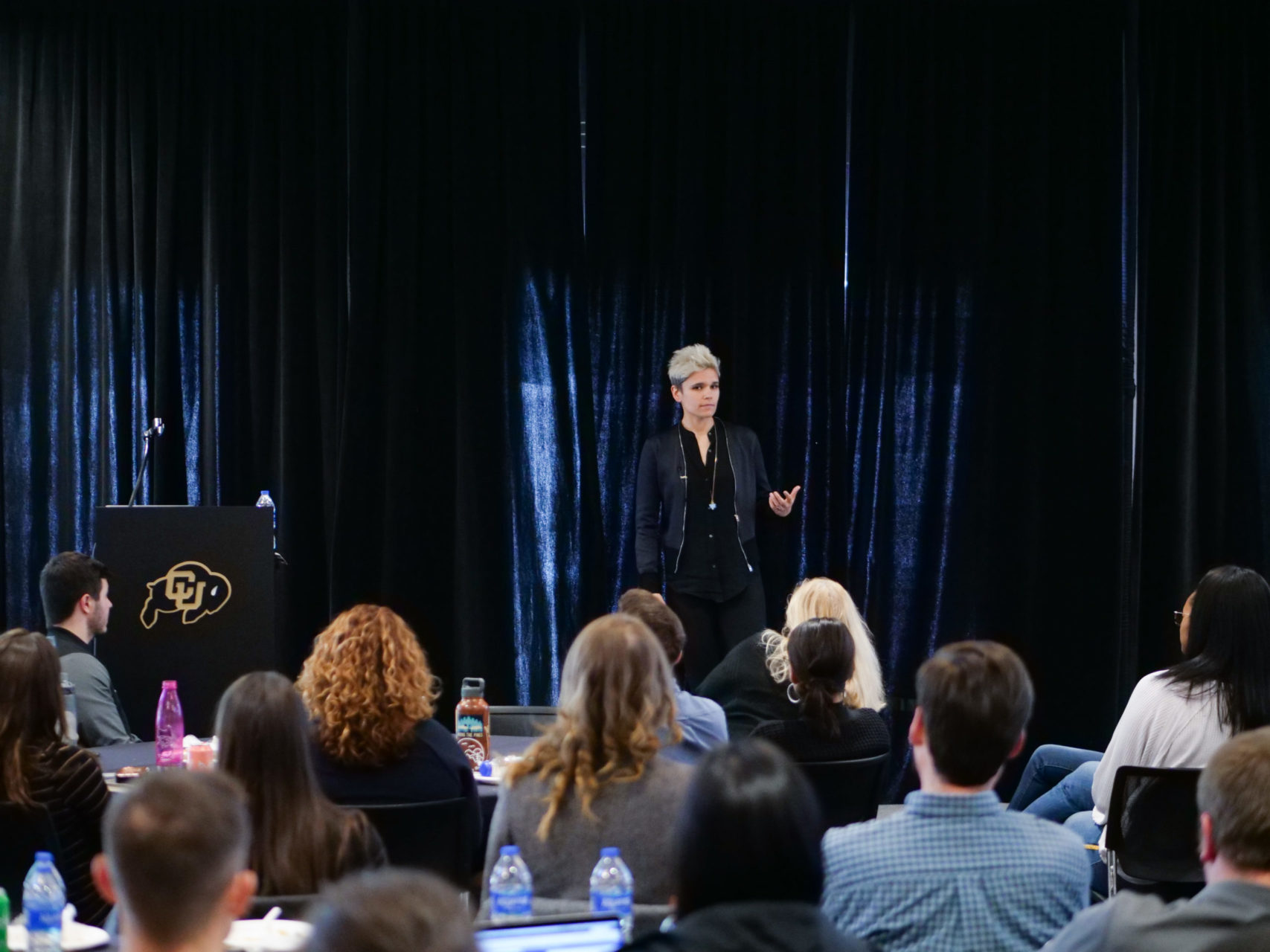
You can find Kate on Instagram @katefagan3. Check out the podcast she makes with her wife, Kathryn Budig: freecookiespodcast.com/ — new episodes coming soon. They also will be interviewing authors on the podcast for Kathryn’s new book club that was just announced: The Inky Phoenix.
Photo by Patrick Campbell/University of Colorado.
Destined to be your daily companion, this backpack to tote-bag is an ideal piece from morning to evening. [...]
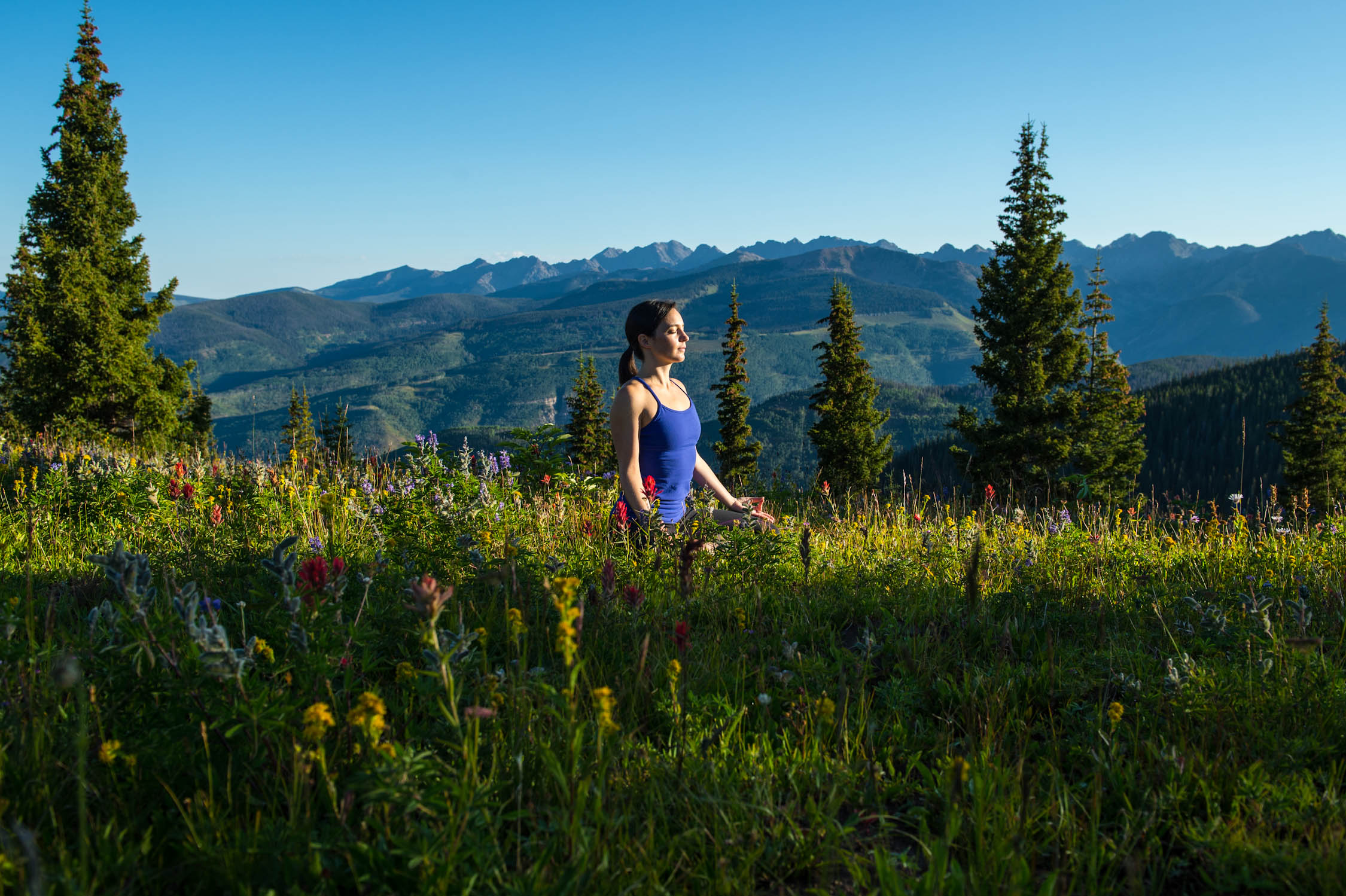
Subscribe to Our Tribe
Stay up to date with Y+L News, Events and special announcements.



